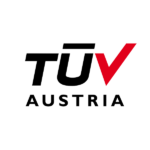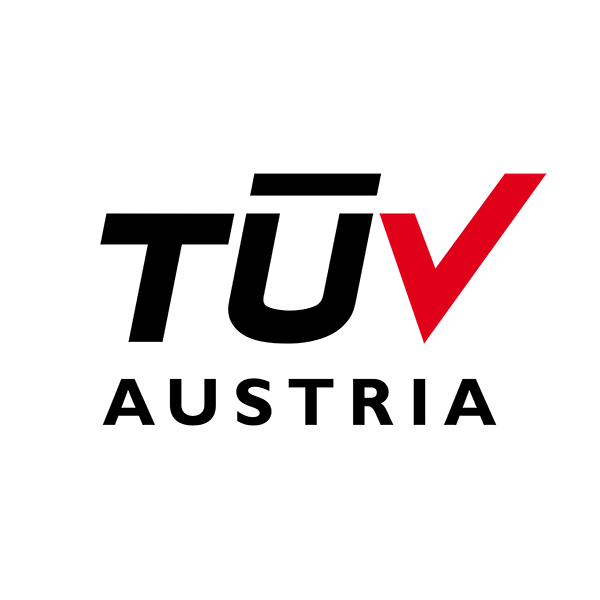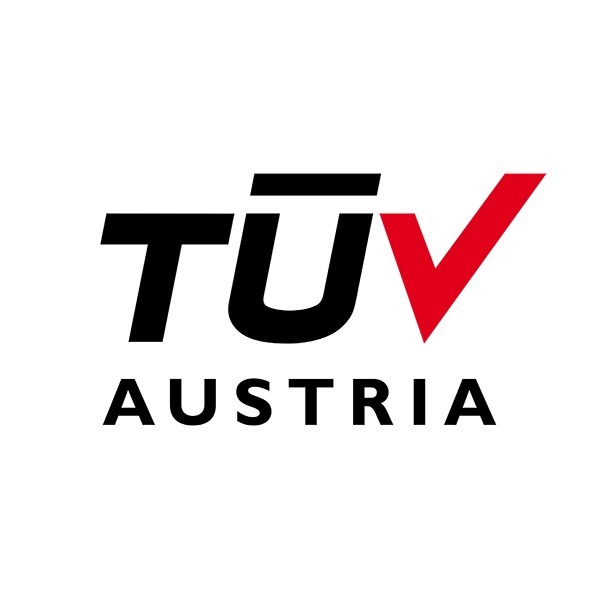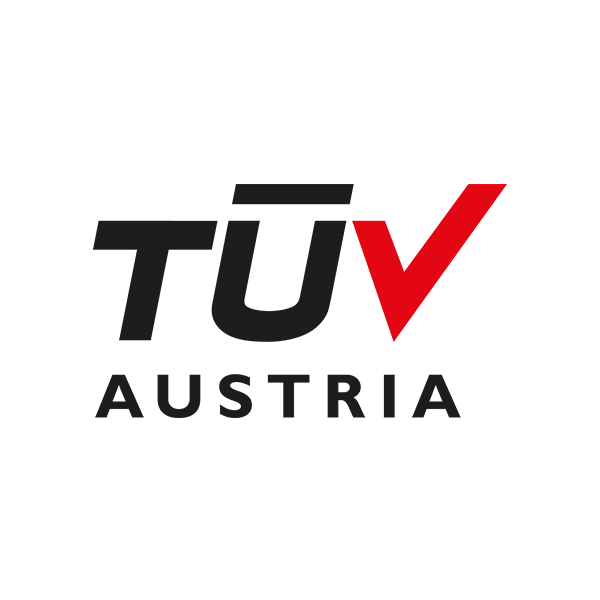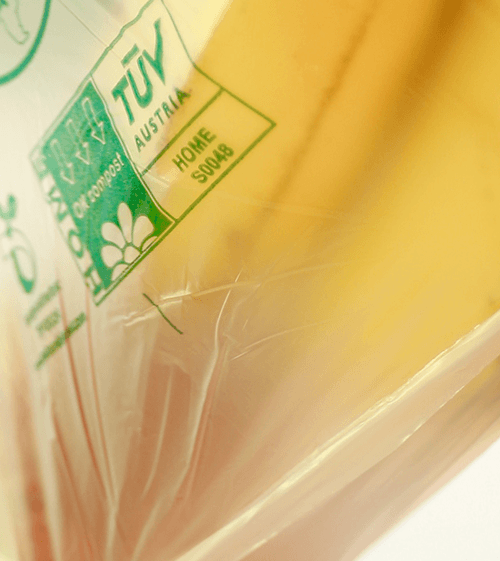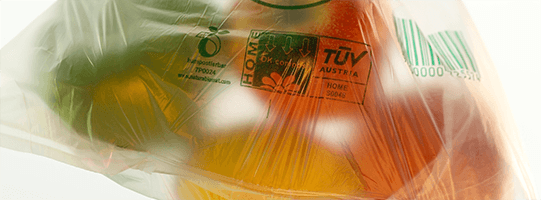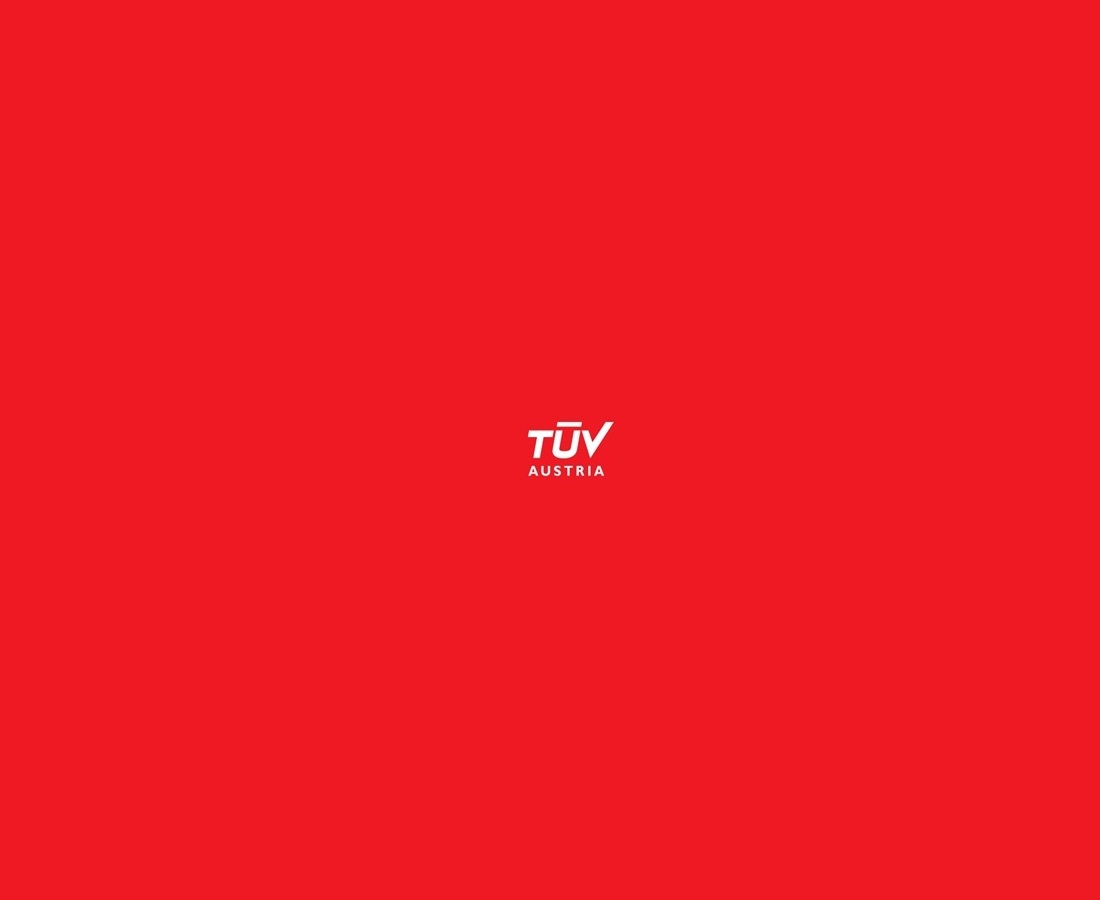Solution: OK Recycled
The OK Recycled certification scheme defines the requirements according to which the recycled content of a product is calculated. The system is based on quantification of mass balances and coordinated traceability of the recycled content of a product or group of products, and follows the requirements from EN 15343:2007 and ISO 14021:2016.
OK Recycled objectives
OK Recycled addresses the requirements of Directive (EU) 2019/904 on reducing the impact of certain plastic products on the environment, which stipulates, for example, that PET bottles must be made of at least 25% recycled plastic by 2025 and that all plastic bottles must have a recycled content of at least 30% by 2030. The certification system aims to promote the concept of sustainability by supporting the environmentally friendly use of materials and giving credibility to companies’ sustainability promises.
Relevant companies
The TÜV AUSTRIA certification system OK Recycled is based on the mass balance approach and a coordinated traceability of the recycled material.
The OK Recycled certification system is applicable to any type of material (e.g. plastic, aluminum, fibers, paper) and any product that uses recycled material in its production (printing paper, dyes, aluminum foils, packaging, etc.).
Additional material-specific requirements may apply. Specifically for plastics, the OK Recycled certification system considers the recycled content of all types of plastics (PET, HDPE, PVC, LDPE, PP, PS, etc.) throughout the supply chain before the final product reaches the consumer.
Calculation of recycled content
Benefits of the OK Recycled certification system
The benefit of OK Recycled lies in ensuring that the information on the recycled content of the product in question is reliable, objective and easily identifiable.
The OK Recycled certification scheme and associated logo help organizations to:
Take into account the requirements of Directive (EU) 2019/904,
comply with the global regulatory requirements for environmental labeling in accordance with ISO 14021:2016,
gain a competitive advantage for their products through certification from an independent third party,
raise their own profile as an environmentally conscious organization,
enhance brand equity and build trust with customers, consumers and other external stakeholders,
meet consumer demands for greater transparency,
make its contribution on the way to a sustainable society.
